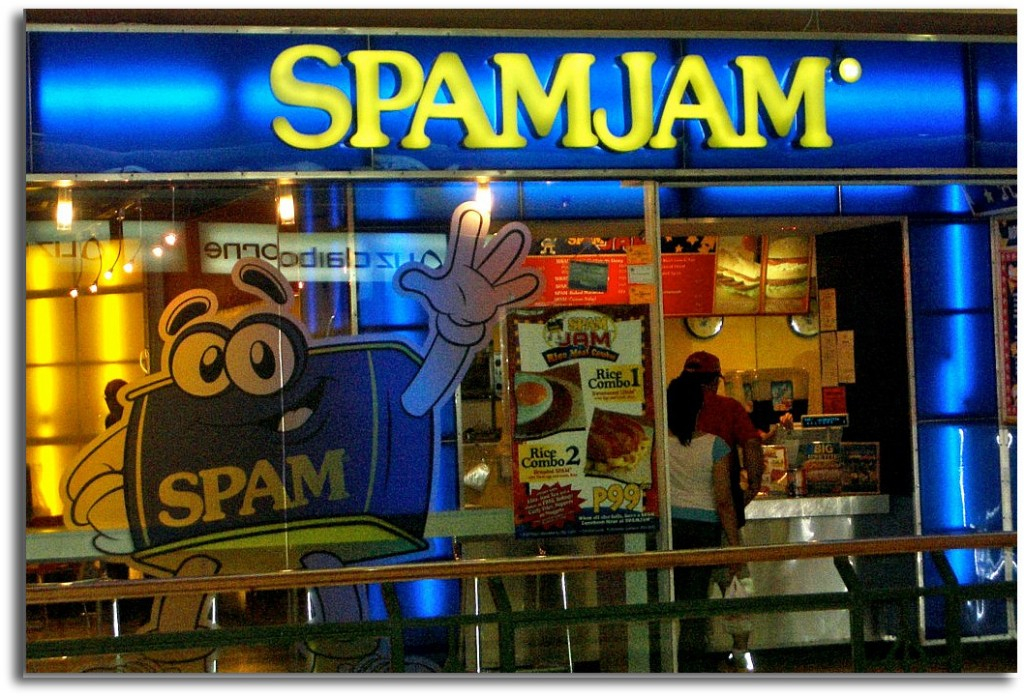FOR IMMEDIATE RELEASE Contact: Therese Franceazca Balagtas Frances.balagtas@unipronow.org
PILIPINO AMERICAN UNITY FOR PROGRESS (UNIPRO) COMMENDS OBAMA ADMINISTRATION’S CITIZENSHIP PATHWAY FOR FAMILIES OF FILIPINO AMERICAN WAR VETERANS
Recommendation allows certain family members of veterans to seek parole
New York, NY, July 20, 2015 - The Obama Administration has announced an expedited pathway to citizenship for families of Filipino American war veterans. Through collaboration between the Department of Homeland Security and the State Department, this program allows family members of Filipino American war veterans to come to the United States under a case-by-case, parole process. This will alleviate the backlogged immigration process often due to caps on visas, which has caused wait times that can exceed more than 20 years.
“It’s refreshing to see our President acknowledging this issue among the many he’s been addressing as part of his legacy of change,” states Iris Zalun, UniPro President. “Despite decades of advocacy that Filipino Americans have invested in our veterans, this is a small step towards the full realization of the benefits and recognition they deserve.”
“While this announcement is long overdue for the Filipino American community, this is a tiny recompense for Filipino Americans who have served this country,” states Ryan Natividad, UniPro Director of Policy, Advocacy, and Research. “Many veterans have been denied benefits, and many have passed on without ever seeing what was ‘promised’ to them. The government needs to be held accountable for its inactions.”
During World War II, more than 260,000 Filipinos enlisted in the United States military. During the war, the Philippines was a Commonwealth of the United States. However, the Rescission Act of 1946, denied the Filipino American war veterans of their benefits. The American Recovery and Reinvestment Act of 2009 contained a provision creating the Filipino Veterans Equity Compensation Fund. While 43,000 claims were filed, only 18,900 were eligible.
In 1942, Congress passed a law naturalizing aliens serving in the United States military. However, after the liberation of the Philippines from Japanese occupation, the naturalization law expired at the end of 1946. The Immigration Act of 1990, after 45 years, restored citizenship to Filipino American veterans.
UniPro continues to advocate for the needs and well-being of all Filipino Americans, including the Filipino American veterans who have sacrificed greatly to fight for this country. We urge President Obama and Congress to provide our aging Filipino Americans veterans the rights and privileges afforded to them and to overhaul this broken immigration system.
About Pilipino American Unity for Progress, Inc. (UniPro) Pilipino American Unity for Progress (UniPro) is a New York City-based 501(c)(3) nonprofit organization that envisions a unified and engaged Pilipino America. Founded in 2009, UniPro’s mission is to engage Pilipino Americans through collaboration, advocacy and education. It seeks to transform Pilipino students & young professionals into community leaders through its various programs, which incorporate professional development, history, and policy through the lens of the Pilipino experience. The organization allows Pilipino Americans the opportunity to explore their place in the community in the hope of owning their niche. Ultimately, UniPro asks Pilipino Americans to critically answer, “How do you define Progress?”
# # #
This article was written by Ryan Natividad.





